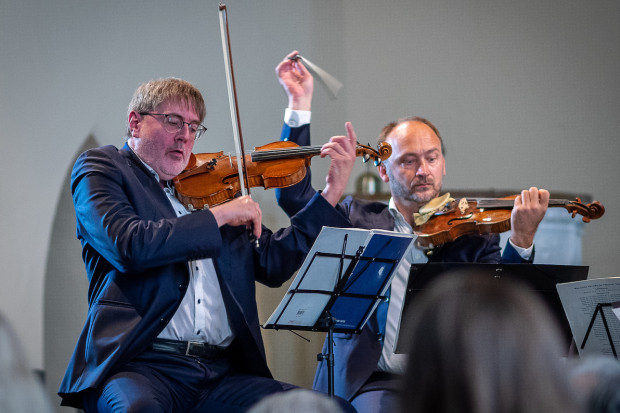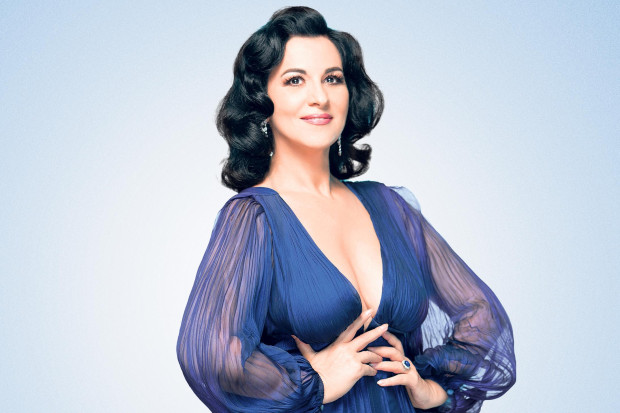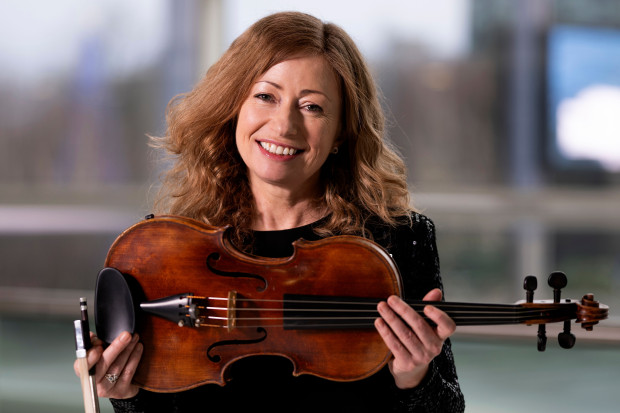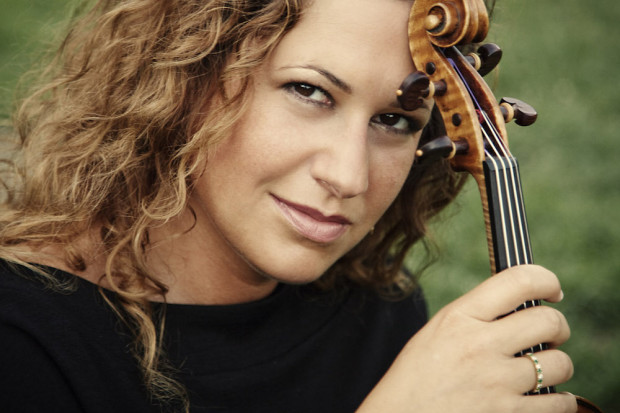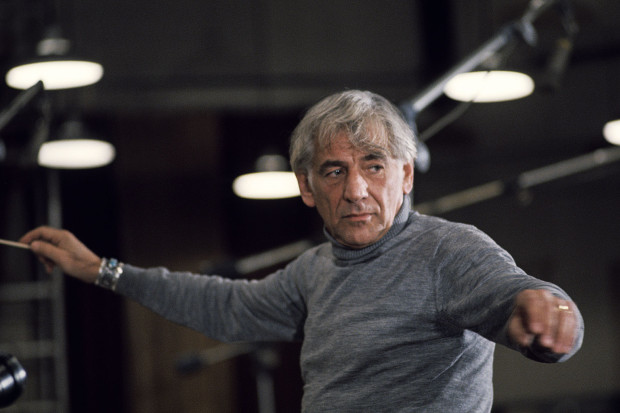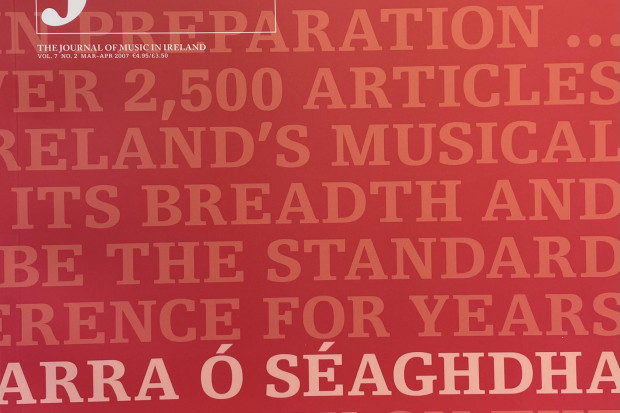Letters: Looking for the Irish Bartók
Dear Editor,
A ghost haunts the JMI – the ghost of the Irish Bartók. When last seen some years back, this fearsome spectre was safely tucked in his tomb, a sprig of garlic in his gob and a shamrock up each hairy nostril. Now David Flynn has disinterred him as a bogeyman to browbeat us into doing what Mr Flynn believes we ‘should’, nay ‘must’ do in order to earn the ‘Guaranteed Irish’ seal for our music.
In the process Mr Flynn caricatures Bartók beyond recognition. To a considerable degree his music – more precisely, some of his music – together with that of Kodály characterises what we now define as ‘Hungarianness’, a straitjacket from which contemporary Hungarian composers are trying to escape. Similarly Liszt’s adaptations of gypsy music typified what was considered ‘Hungarian’ in the nineteenth century. None of these composers, nor yet Dohnányi nor Ligeti, can be said to embody some trans-historical essence of Hungarity, a racial if not indeed a racist concept.
Furthermore, Bartók’s researches into folk music took him far beyond Hungary into Romania, Bulgaria, and even beyond eastern Europe into Turkey. Each of these traditions set its stamp on his music, which was also impregnated with the Western classical/romantic/modernist tradition to which he contributed so much. The musicologist Ernö Lendvai has shown that the mathematical ‘golden section’ and the Fibonacci series were as important to his aesthetic as was folk music, and this structural alternative to dodecaphony was taken up by Stockhausen in his early academic dissertation on Bartók’s Sonata for two pianos and percussion.
My point is that Bartók was a cosmopolitan, indeed internationalist figure. By contrast, the Irish Bartók of Mr Flynn’s fantasies is an inward-looking sleeveen of a bucko, who deserves a well-sharpened stake in his murdherin’ heart.
Raymond Deane
Dún Laoghaire, Co. Dublin
Published on 1 September 2005
Raymond Deane is a composer, pianist, author and activist. Together with the violinist Nigel Kennedy, he is a cultural ambassador of Music Harvest, an organisation seeking to create 'a platform for cultural events and dialogue between internationals and Palestinians...'.












